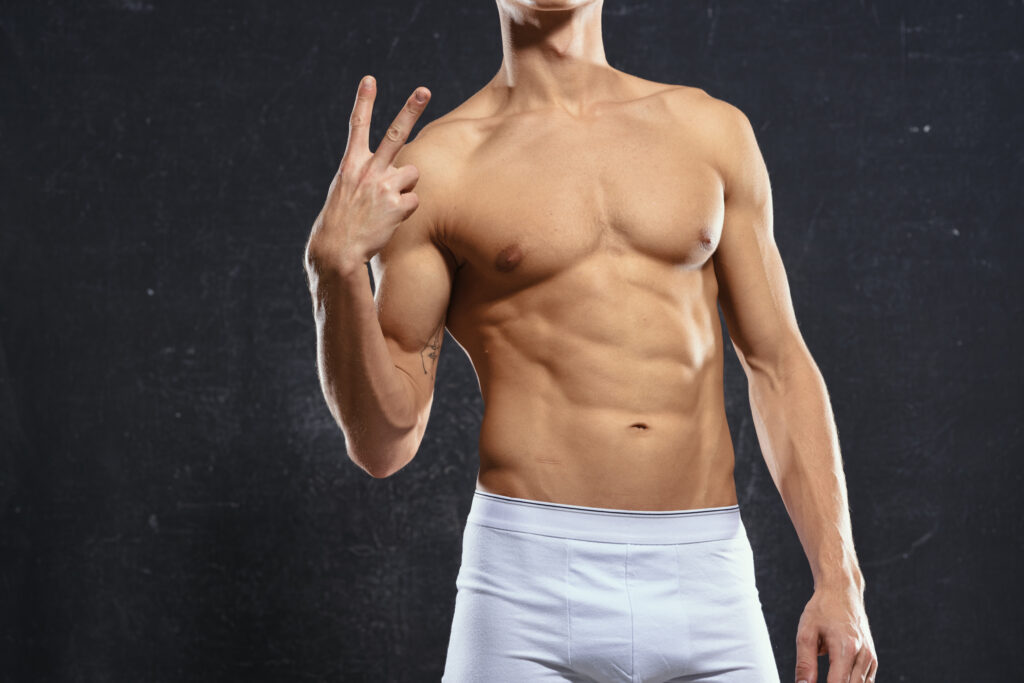Addressing your question about the “hottest age for a man” can be approached from a few perspectives, especially considering my expertise in fitness.
From a fitness standpoint, many would argue that men are typically in their physical prime in their mid-20s to early 30s. This is when testosterone levels are generally at their highest, facilitating muscle growth and fat loss, which are key components in achieving a visible six-pack. This age range also corresponds to when many male athletes often reach their peak performance levels. Therefore, if by “hottest” you are referring to peak physical condition and athletic capability, then this age range could be considered.
However, physical appearance and attractiveness aren’t solely about peak athletic performance or optimal muscle definition. Factors such as confidence, maturity, wisdom, and life experiences play a significant role in overall attractiveness and appeal. Many people find that as men grow older, they become more distinguished and carry a certain charisma that might not have been present in their younger years. Consequently, some might argue that men in their 40s or even 50s, who maintain a healthy lifestyle, can be just as “hot” as those in their physical prime, owing to the combination of physical fitness and life experience.
It’s also important to remember that attractiveness is highly subjective and varies from person to person. What one person finds “hot” or attractive, another might not. Factors such as cultural norms, individual preferences, and societal influences play a role in shaping these perceptions.
In the context of achieving six-pack abs, while age can influence factors like metabolism and muscle recovery, commitment to a tailored fitness and diet regimen is crucial. A man of any age, with the right guidance and dedication, can work towards and achieve a defined core. So, while there might be ages that are conventionally viewed as the “hottest,” personal effort and dedication play a more significant role in achieving fitness goals.

